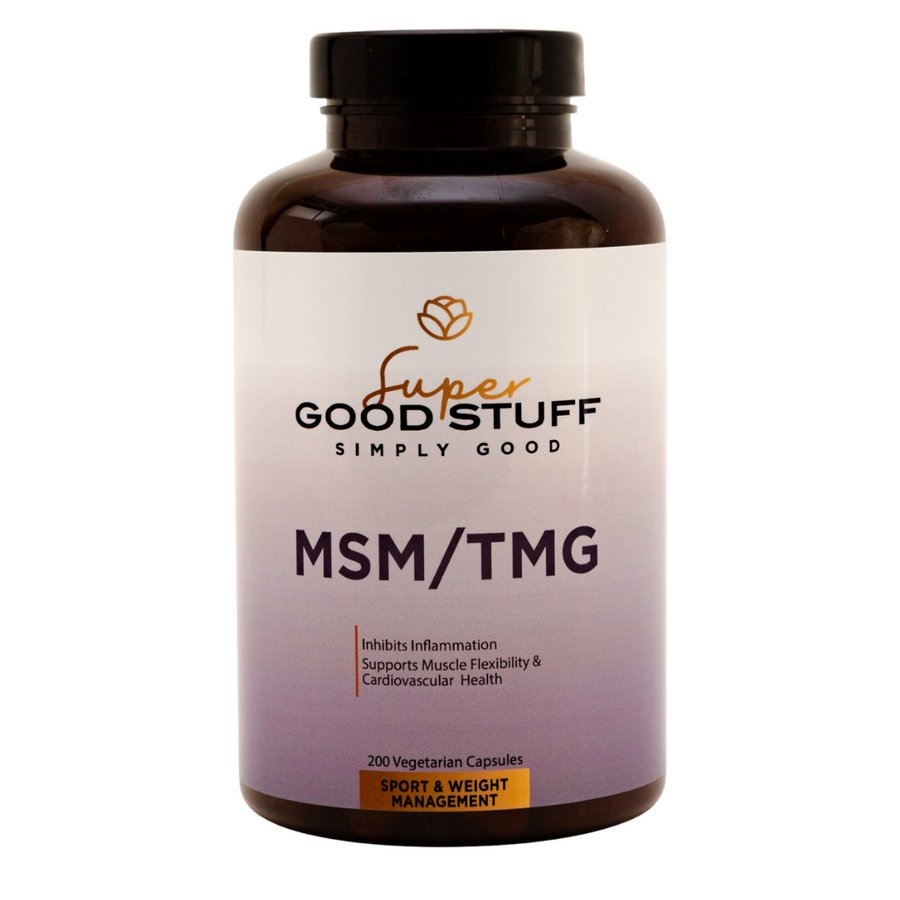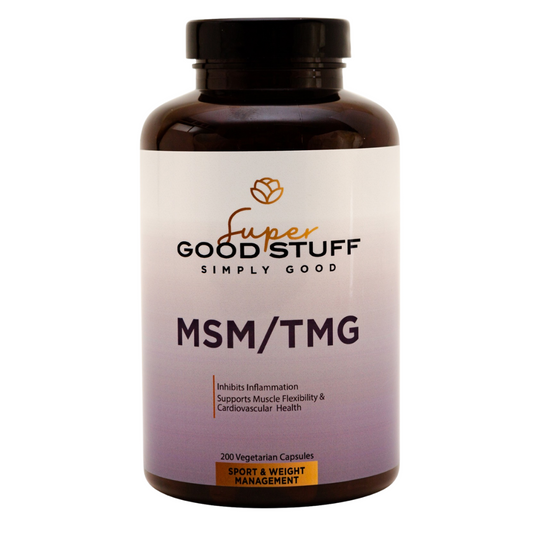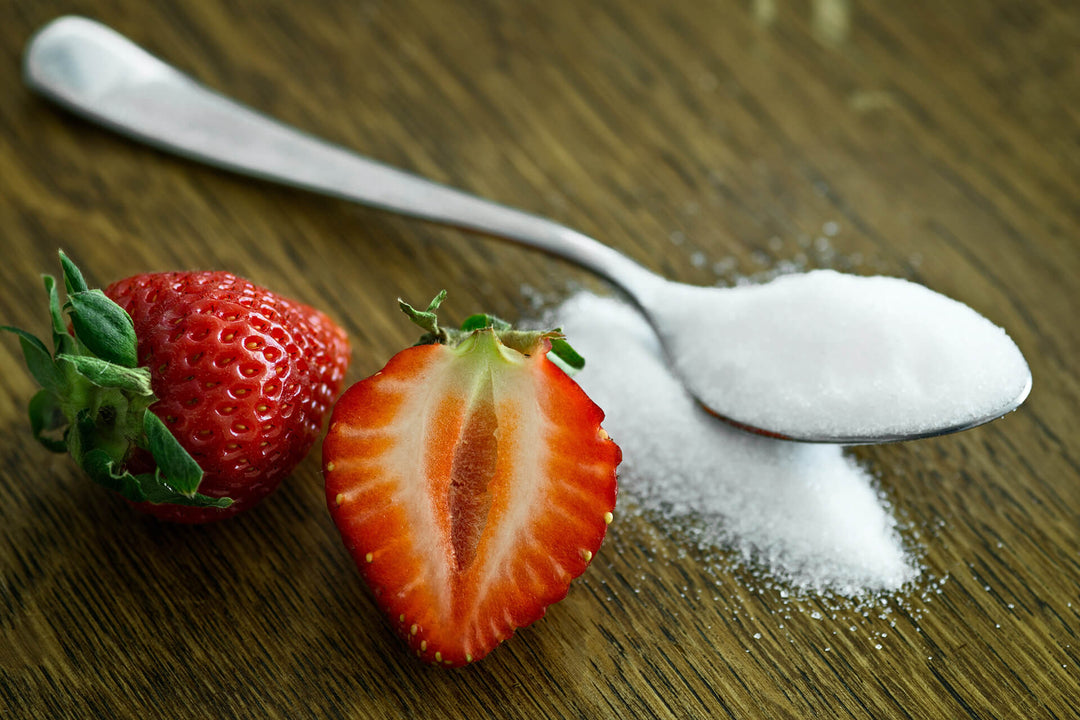Goodbye Leaky Gut

The lining of your gut is vital for nutrient absorption and the immune system. The small intestine contains gastrointestinal associated lymphoid tissue (GALT), which accounts for almost 70% of your immune system. This barrier is responsible for killing off most unwanted microbes before they enter the bloodstream.
However, sometimes the GALT can become overwhelmed and inflamed, which can result in leaky gut. This means that undigested food particles and unwanted microbes can freely enter the bloodstream, resulting in further inflammation.
There are several foods you can add to your diet to help heal and prevent leaky gut...

1 - Coconut oil has anti-microbial properties that could reduce microbial overgrowths.
2 - Aloe vera reduces inflammation and promotes mucosal secretions, which can prevent and heal leaky gut.
3 - Anti-inflammatory foods like dark leafy greens, flax seeds, and avocado can reduce painful inflammation.
4 - Probiotics, like yogurt, and pre-biotics, like raw onions, promote healthy gut microflora.
5 - Collagen, an essential protein for building your intestinal lining, can help maintain and heal gut lining.
Collagen for Gut Health
Collagen is the most abundant protein in the human body and can help heal and prevent leaky gut. This protein provides strength and elasticity for our connective tissues, including our skin, joints, tendons, and digestive tract.
So, what is collagen made of? It is a protein made of 19 different amino acids, including proline, glycine, arginine, and hydroxyproline.
Collagen benefits gut health by helping heal and maintain the gut lining. Research shows that it also prevents the breakdown of tight junctions, which regulate gut lining permeability. This improves overall gut health, promoting full-body health as a result.

Causes of Collagen Deficiencies
Collagen production naturally slows as you age. So age can factor into collagen deficiencies. Due to this, as you age, you may consider adding collagen to your diet.
In addition, overexposure to free radicals, like smoke, pollution, and the sun, can decrease collagen, damaging your skin. Try to avoid pollution and smoke, and make sure to wear sunscreen when you are outside to decrease the effects of free radicals.
A vitamin D and antioxidant deficiency can also result in reduced collagen. Vitamin D is vital for collagen production, and antioxidants prevent collagen destruction. Consider taking supplements or including foods in your diet that are high in Vitamin D and antioxidants.
Ensuring that you eat a diet high in collagen will also help resolve collagen deficiencies. One great source of collagen is bone broth.
Bone Broth Health Benefits
Bone broth is a great source of collagen. It also provides a variety of healthy nutrients to promote healthy bodily function. Bone broth recipes typically involve slowly simmering animal bones and connective tissue, such as chicken or beef, with a variety of herbs, vegetables, and spices. This is usually done over the course of a day for deeper flavor and optimal benefits. Bone broth differs from stock in that it is simmered for much longer, allowing the collagen to be completely absorbed.








